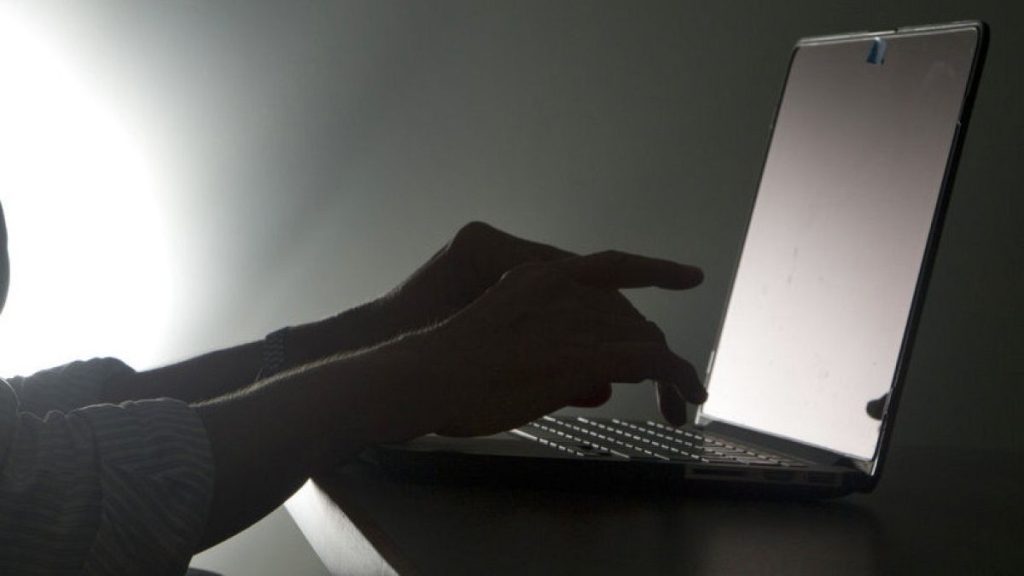The Eindhoven University of Technology (TU/e) in the Netherlands experienced a significant cyberattack over the weekend, causing major disruptions to academic activities. The attack, detected on Saturday evening, prompted the university to take its servers offline, effectively halting access to crucial digital resources for both students and staff. This disruption has had a cascading effect, preventing students from accessing course materials, completing assignments, and preparing for upcoming exams. Faculty members have also been impacted, losing access to platforms necessary for conducting meetings, preparing course materials, and managing general logistics, resulting in the postponement of various academic activities. The timing of the attack is particularly problematic, coinciding with the post-holiday period when students are gearing up for exams and assessments, adding to the stress and uncertainty caused by the breach.
The cyberattack on TU/e has sparked frustration and concern among students, many of whom are facing imminent deadlines and exams. With access to essential course materials blocked, students have expressed their anxiety about their ability to adequately prepare. They have appealed to the university to postpone deadlines and exam dates to accommodate the disruption caused by the cyberattack. The recurring nature of these attacks on TU/e has also raised questions about the university’s cybersecurity measures and the need for increased investment in protecting its digital infrastructure. Students have voiced their concerns about the escalating sophistication of these attacks, speculating on the potential use of advanced techniques like AI-powered phishing. They emphasize the importance of safeguarding the university’s valuable research data, calling for greater investment in robust security systems.
Experts in cybersecurity, such as Harm Griffioen, an Assistant Professor at Delft University of Technology, offer insights into the potential motivations behind such attacks. Griffioen points to the significant scientific research conducted at TU/e, making it a prime target for both criminal organizations and potentially even nation-states seeking to gain access to valuable intellectual property. He explains that initial breaches into a network are often challenging, but subsequent attacks become progressively easier once access has been gained, allowing attackers to expand their reach within the system. This escalating nature of cyberattacks underscores the complexity of defending against them and highlights the need for proactive and adaptive security measures.
The cyberattack on TU/e is not an isolated incident. Universities worldwide are increasingly becoming targets of cyberattacks due to the wealth of valuable data they hold, including research data, intellectual property, and personal information of students and staff. These attacks can have severe consequences, disrupting academic activities, compromising sensitive data, and causing financial losses. The increasing reliance on digital infrastructure in higher education necessitates a robust and proactive approach to cybersecurity, including regular security assessments, employee training, and investment in advanced security technologies. Universities must prioritize cybersecurity to protect their valuable assets and ensure the continuity of their academic mission.
In response to the ongoing crisis, TU/e has announced the postponement of exams and assessments scheduled for January 20th by one week. The university’s IT department is working diligently to restore network access and address the vulnerabilities exploited by the attackers. While the university aims to restore network connectivity by the following Monday, the full extent of the damage and the long-term implications of the attack are yet to be determined. The incident serves as a stark reminder of the ever-present threat of cyberattacks and the need for constant vigilance and proactive measures to protect sensitive data and maintain the integrity of digital systems.
The cyberattack on TU/e highlights the growing challenge of cybersecurity in the higher education sector. Universities must adopt a comprehensive and proactive approach to cybersecurity, encompassing preventative measures, incident response plans, and ongoing monitoring of systems. This requires investment in advanced security technologies, regular security audits, and comprehensive training for staff and students on cybersecurity best practices. Collaboration among universities and with cybersecurity experts is also crucial to sharing best practices and coordinating responses to evolving cyber threats. By prioritizing cybersecurity, universities can better protect their valuable assets, ensure the continuity of their academic operations, and maintain the trust of their students and staff.

